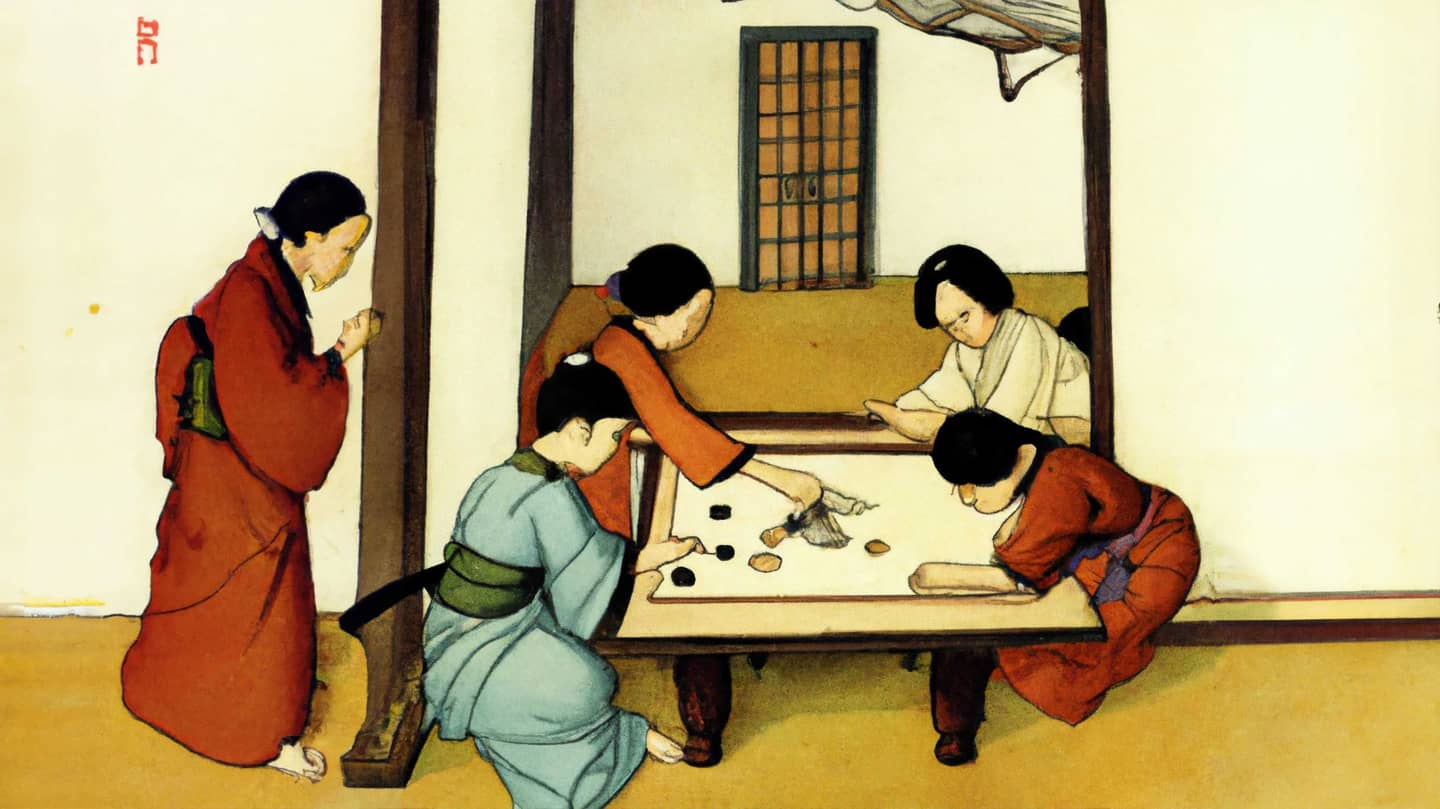A Game of Okaloa Flowlab
Last weekend at Play14 Berlin I took part in a game of Okaloa Flowlab. This is what I learned.

What is Okaloa FlowLab?
Okaloa Flowlab is a turn-based board game that simulates a product development pipeline. It allows players to experiment and learn the principles of product development flow.
At a glance, the game might seem similar to Monopoly because progress also relies on dice and instruction cards. However, its objectives are quite different: while Monopoly is all about domination, Okaloa Flowlab is about collaboration.
In Okaloa Flowlab, players advance tickets across a board divided into four sections, each representing a different stage in the pipeline:
- Ready (the backlog)
- Stage A
- Stage B
- Done
A project manager oversees the backlog while the players roll the dice and advance their tickets.
Tickets can randomly become blocked, halting their progress for a number of turns. To move a ticket from Stage A to Stage B, approval from the project manager is necessary.
As the players handle their tickets, the project manager introduces new high-priority and fixed-date tickets that need to be prioritized over the ongoing ones.
Players must adapt to these shifting priorities while achieving good flow.
The First Round
We were a team of six players, guided by software delivery expert Matthias Berth, who was also the project manager.
During the first round, the game board quickly became inundated with tickets, which was a frustrating experience. It felt as if the tickets managed us, rather than the other way around. Still, we managed to complete 9 out of 22 tickets.
The Second Round
At the outset of the second round, we (the players) decided to do things a bit differently.
- Firstly, we put a limit on the number of items on the backlog. The project manager would be requested to hold off on new backlog items until work in progress was done.
- Secondly, we imposed a work-in-progress (WIP) limit on stages A and B, to diminish the chances of tickets getting blocked.
The second round went much more smoothly than the first. Tickets moved more quickly and required less discussion. In the end, we finished 12 out of 22 tickets, and we felt more motivated and relaxed.
The Takeaway
Playing Okaloa Flowlab reaffirmed the idea that in a production process, planning less work improves productivity.
What was particularly interesting was that, even within a 60-minute simulation game, we went through the same dread and the same motivation that we know from our real-life experiences.
I recommend playing Okaloa Flowlab with your own development team. If you want to try different approaches to product development, a 60-minute game is much better than a high-stakes, real-world development process.
If you can, encourage your management to participate as well. Once they see the butterfly effect of a large backlog, they will understand that it is collaboration, not pressure, that yields the best results.
More Games at Play14
During the same Play14 event, Matthias also hosted a game of The Prisoner’s Dilemma, which was an equally engaging experience.